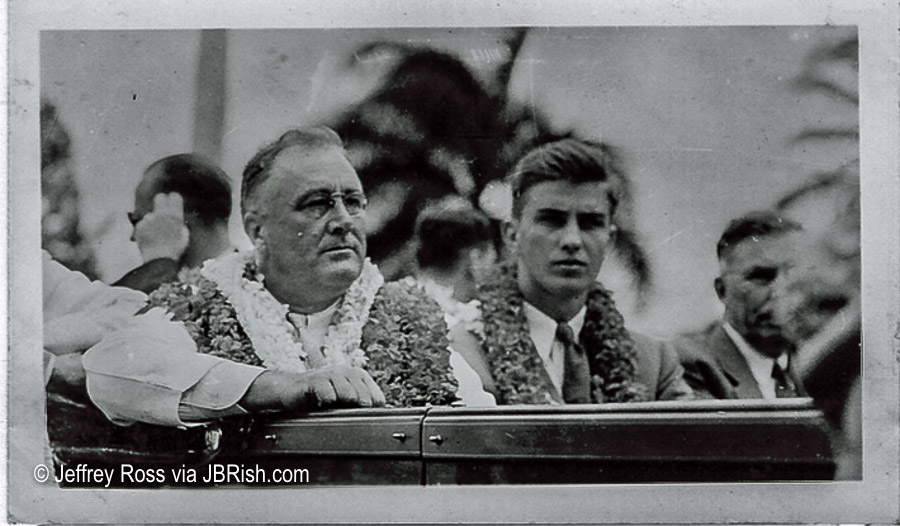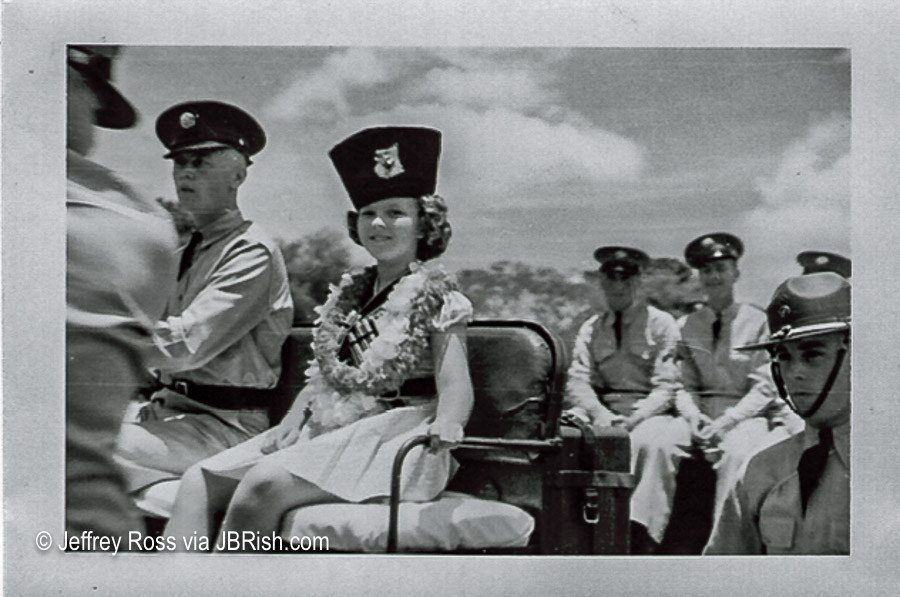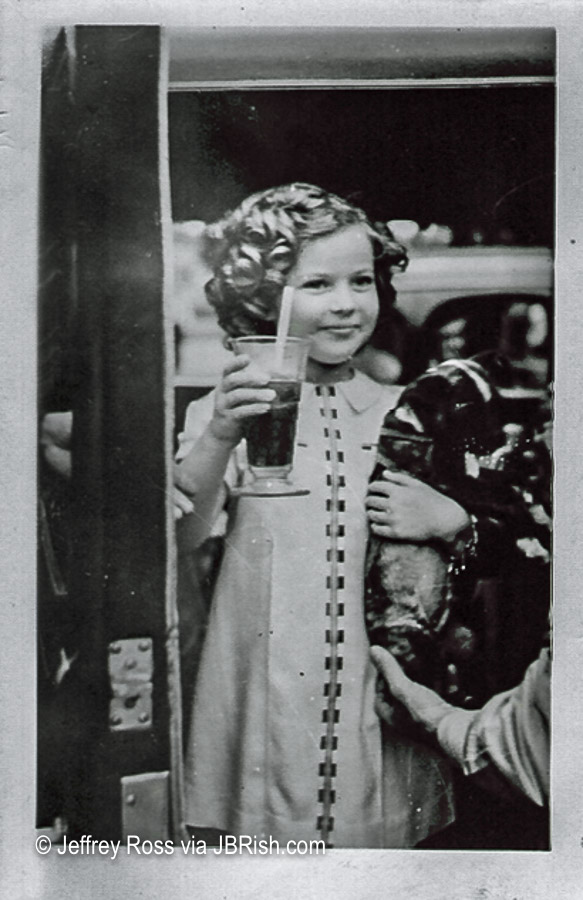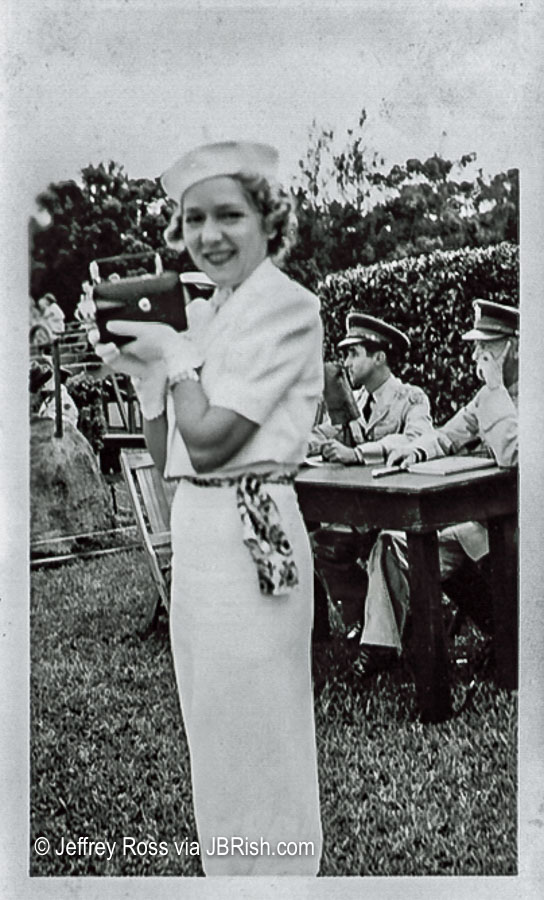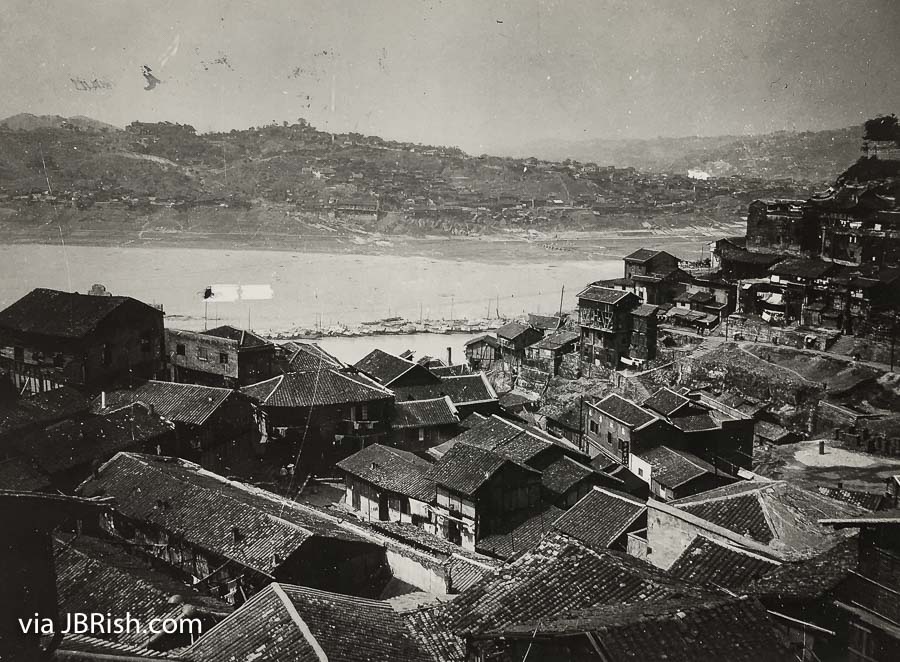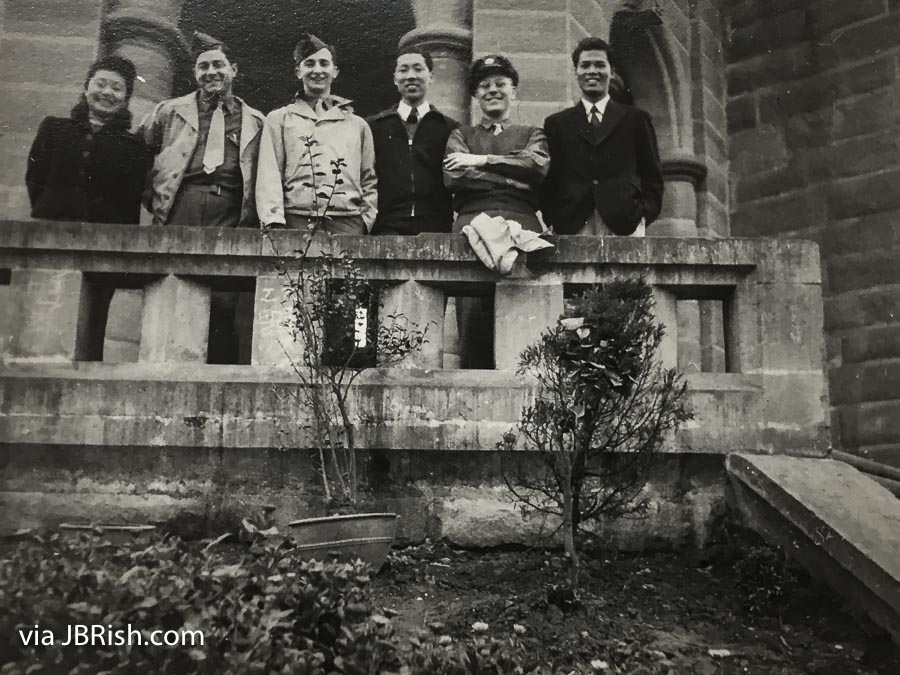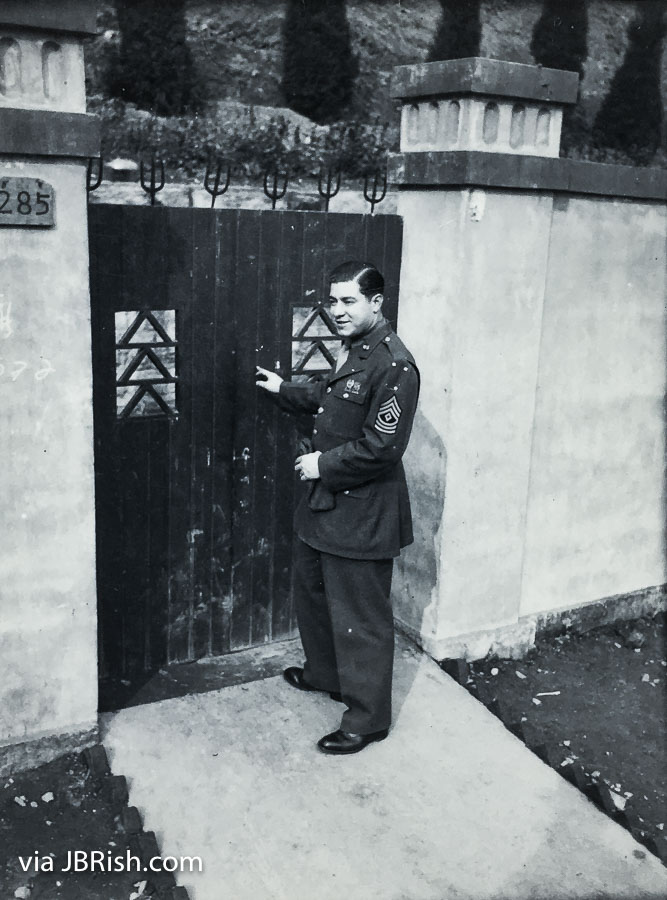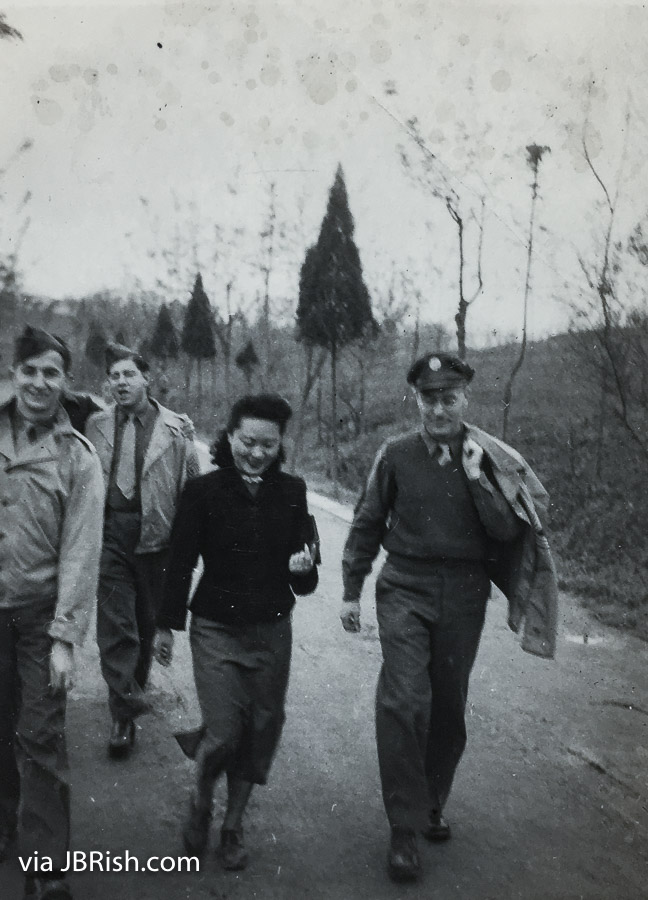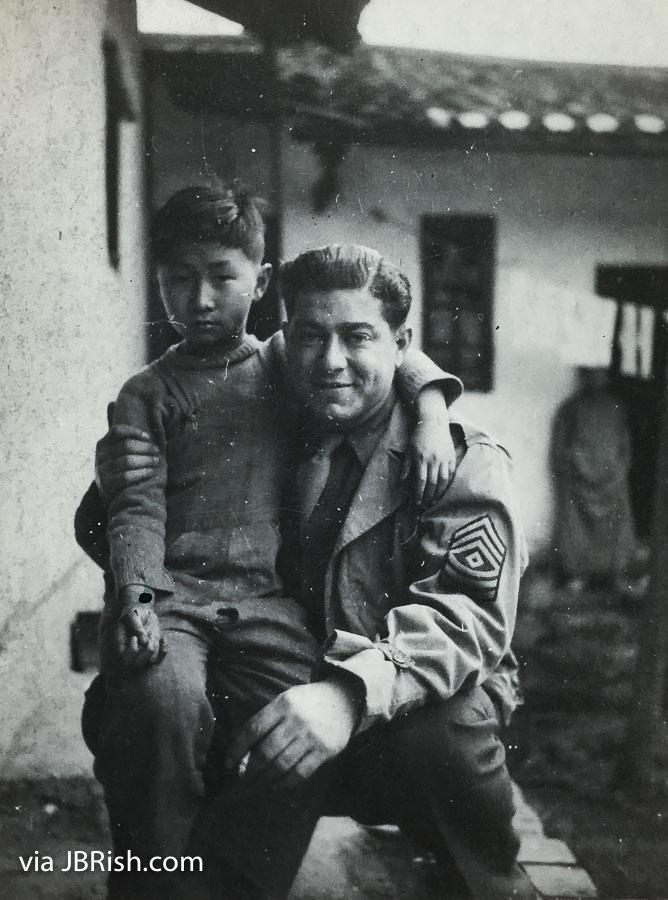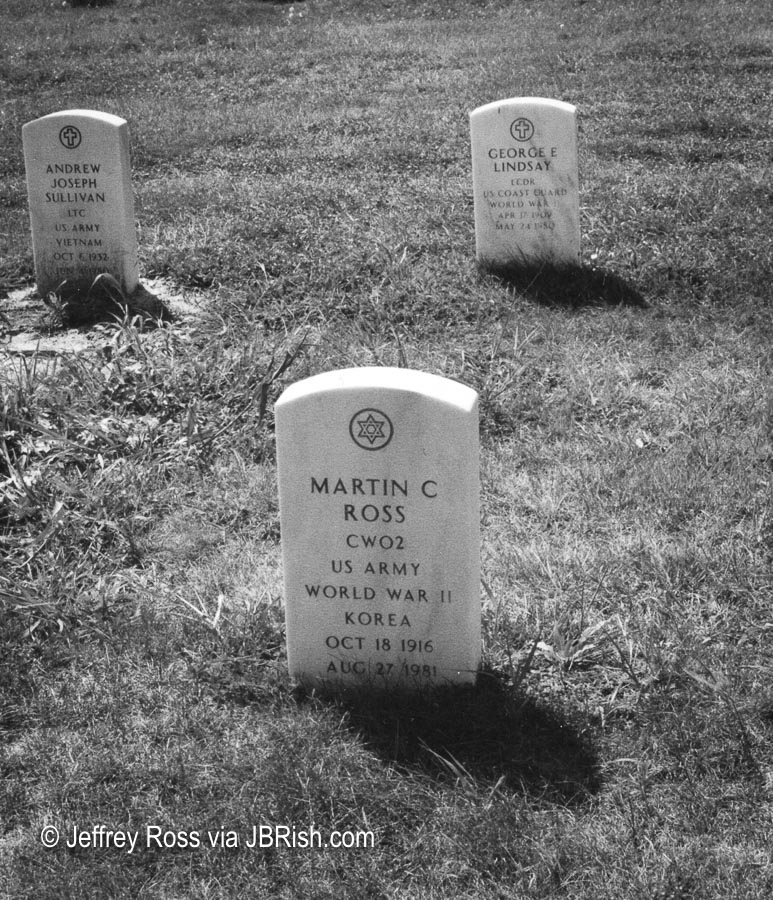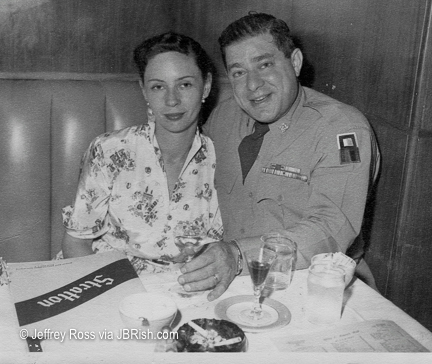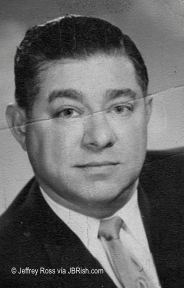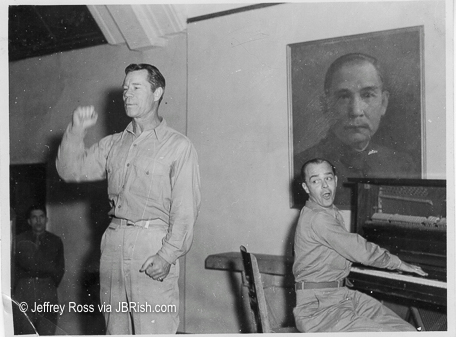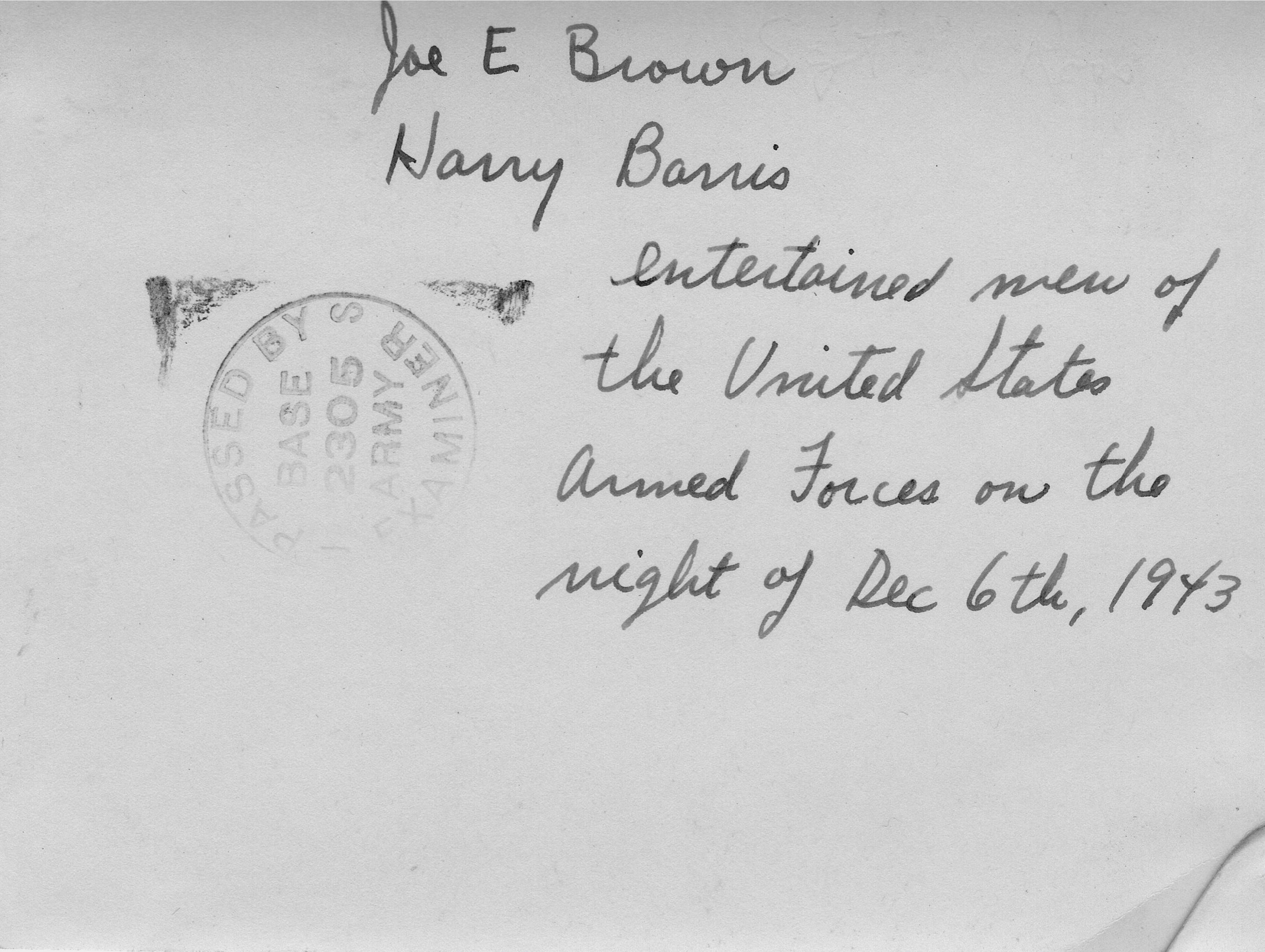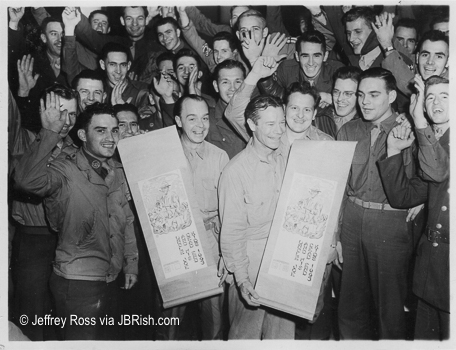“The soldier is the Army. No army is better than its soldiers. The Soldier is also a citizen. In fact, the highest obligation and privilege of citizenship is that of bearing arms for one’s country.” — George S. Patton
NOTE: You can read the introduction to this series HERE:
***************
Like many soldiers perhaps, my father rarely spoke about his activities during World War II in China or his stint in Korea. I could tell that he didn’t want to speak about war-related topics. There were a few scarce stories or answers to inquiries and I will try to share them when they are appropriate.
What is striking throughout human history is that even during time of war, people try to maintain some sense of normal life. Civilians in warring countries and soldiers seek to create the familiar by recognizing holidays and other cultural benchmarks.
The picture below shows a group of GIs having a party. It must have been a treat to have two women in attendance and it is hard to tell whether the GIs wanted to get into the photo or get closer to the women.
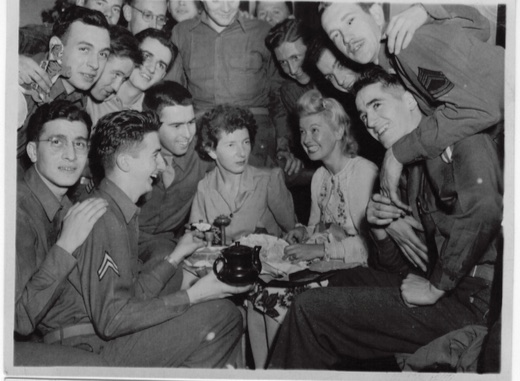
size – 3.5 x 4.75 including white space
The back of the photograph is annotated: Miss Gerry Lennox, Miss Elenor (probably Eleanor) Liss – Red Cross Girls…and some men on on our Christmas party. There is a stamp by the Army Examiner indicating that the photograph does not contain compromising information. Dec 24, 1943
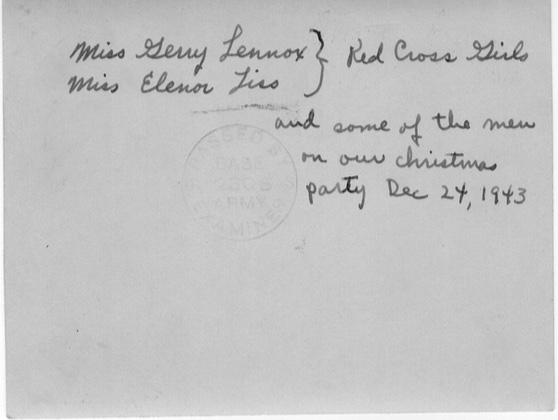
The officers were celebrating Christmas in a somewhat different fashion; a formal dinner. Both Chinese Army dignitaries and American Army Officers were in attendance.
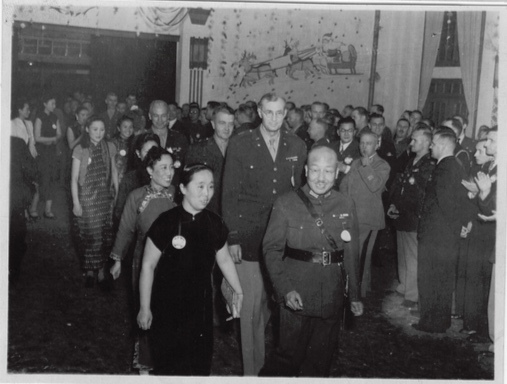
size – 3.5 x 4.75 including white space
The back of the photograph is annotated: General and Mrs. Shang Shen leading the march to dinner Christmas Eve at Victory House – Chungking, China. Behind them Major General Hearn. Dec 24/43
NOTE: I found a reference to a Thomas Guerdon Hearn and as it turns out, it is the same person in the photo above.
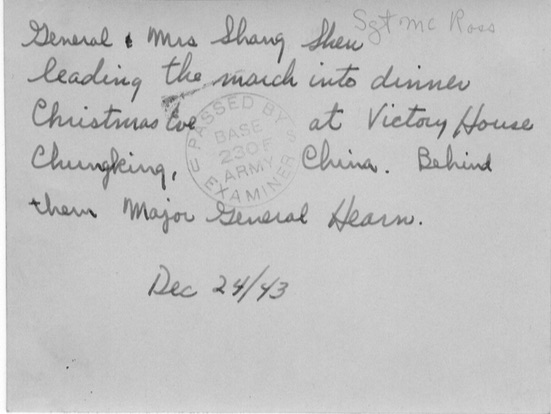
Civilians in countries ravaged by war also try to carry on in a more normal manner. The picture below is quite puzzling to me as it shows a Chinese family at what seems to be a wedding. The taller fellow in the back row is my dad. Why he was there and what was his connection to the family is an unsolvable mystery.
I do know my father was friendly with a number of Chinese families and he would give chocolate to some of the young children. He always had a warm spot in his heart for the Chinese people and even retained some of the language which he was eager to put on display every time we went to a Chinese restaurant.
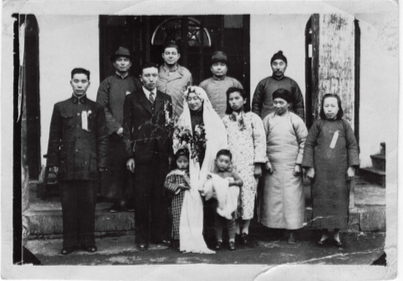
size – 2.5 x 3.75 including white space
NOTE — All photographs are “for sale.” Anyone interested in purchasing photographs should contact me via the JBRish.com contact email, i.e. JBRish [dot]com [at] gmail[dot]]com
DISCLAIMER — Many of the photographs I will be presenting as part of this series are very small and/or very old. In order to enable proper viewing, I scan the images and enhance them to the extent possible using Adobe Lightroom or Photoshop software. These images are not manipulated to remove or modify the content. The enhancements are strictly to provide contrast, bring out details and to render black and white areas in more natural tones. Nothing has been removed or added. I will provide approximate measurements of the actual photographs as they may seem larger than actual size because of the digital presentation.
**********
All original content on this blog is copyrighted by Jeffrey B. Ross with ALL Rights Reserved. While reference links back to JBRish.com are appreciated and encouraged, please acquire approval for any reproduction of original content from this website.
©Jeffrey B. Ross 2014 – 2020 – JBRish.com
